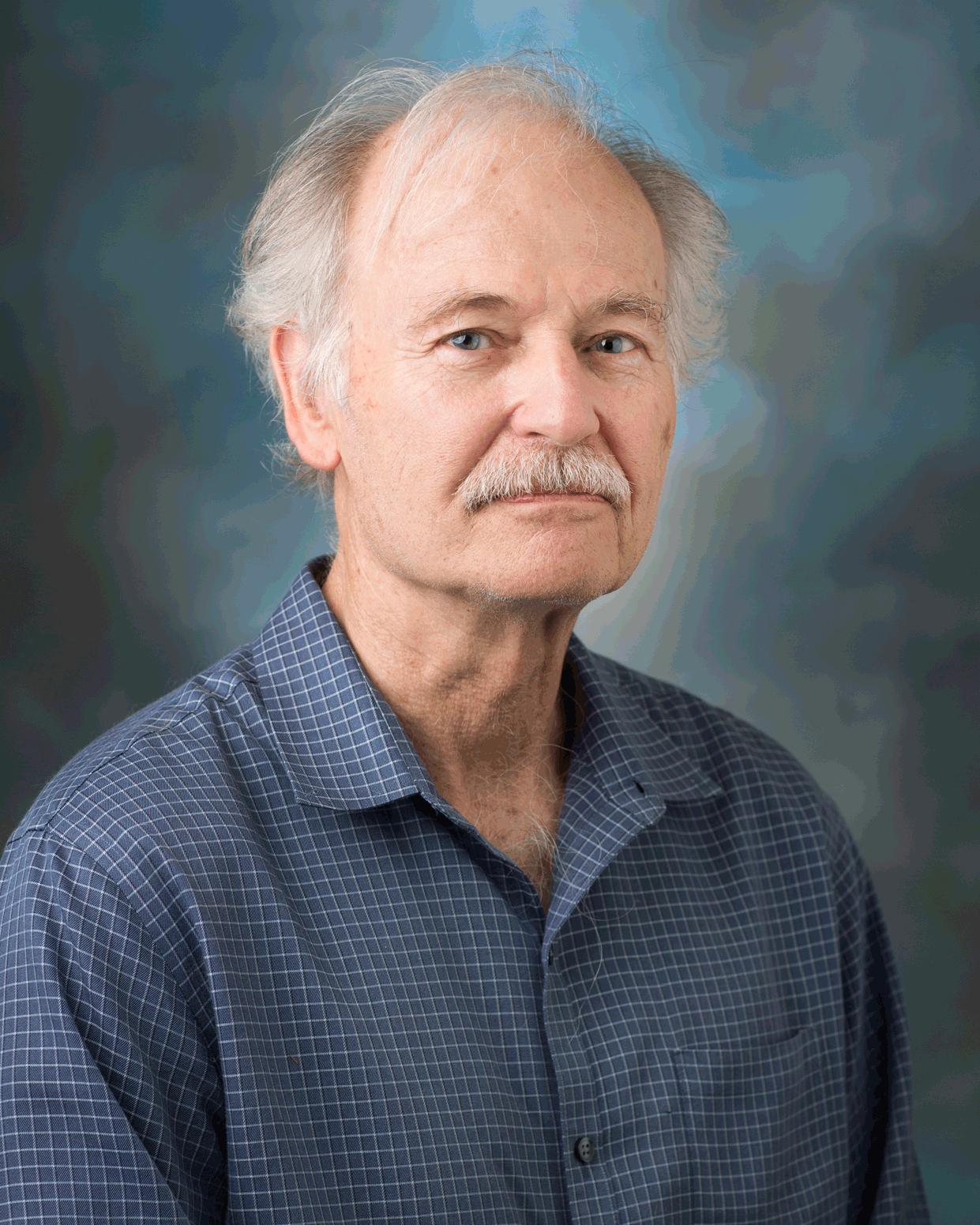William Gurley
Professor
-
Teaching Interests
- PCB 4522 - Molecular Genetics
- MCB 6317 - Molecular Biology of Gene Expression
-
Education
- Ph. D. (1976) Department of Botany, University of Georgia, Athens Georgia
- Postdoctoral: (1976-1979) Department of Plant Pathology, University of Wisconsin, Madison, Wisconsin
-
Description of Research
General areas: Transcriptional regulation in plants and other eukaryotes; the heatshock response, general transcription factors and upstream activator proteins; the basic mechanisms involved in activated transcription.
Research in my laboratory is focused on two main topics of study: one involving heat shock transcription factors, and the other, transcription factor IIB (TFIIB). All known organisms respond to a sudden elevation in temperature (ca. 10°C) by turning off most gene expression and activating a group of genes called "heat shock genes" that encode proteins that protect the cell against the deleterious effects of high temperature. The protein that regulates the induction of heat shock genes is the heat shock transcription factor (HSF). We have cloned 6 HSFs from soybean and 2 from Arabidopsis .Much to our surprise, only one of these transcription factors has been able to stimulate transcription when assayed in eitheryeast or plant cells.We now believe that we have isolated a novel class of repressor HSFs thatensure that heat shock genes are not expressed under non-heatshock conditions in plants. We are currently testing this hypothesisby expressing combinations of active HSFs and repressor HSFs in transient assays involving the introduction of the test genes (DNA) into plantcells by a variety of means including particle bombardment and PEG-mediated transformation of protoplasts prepared from leaf mesophyll cells.
Another objective of the heat shock research is to identify general transcription factors of the preinitiation complex that serve as targets of interaction for the HSFs. It is anticipated that identification of such targets will provide insights into the basic mechanisms of activated transcription in higher organisms and shed light on the process signal transduction, from the perception of environmental stress to activation of heat shock genes. We are conducting preliminary experiments using human HSFs since much more is known regarding the process of transcription in animal cells. We have identified regions of human HSF1 that make contact in vitro with several general transcription factors including TFIIA (smallsubunit), TFIIB, TAF55, TATA binding protein, and PC4 (a coactivator).This line of investigation will also be pursued in plants.
The second research area involves characterization of general transcription factors in plants including TBP, plant TAFs, and transcription factor IIB (TFIIB). TFIIB is a key member of the preinitiation complex and servestoattach the RNA polymerase II/TFIIF complex to the TATA binding protein which, in turn, is bound to the promoter DNA. There are several points of difference between plant TFIIB proteins and those from animals and yeast.The next step is to determine whether these differences interfere with function when TFIIBs from plants are mixed in vitro with the transcription machinery from fungal and metazoan cells. In our continuing efforts to study the fundamental mechanisms of activated transcription, we have begun to clone and characterize TBP associated factors (TAFs) from Arabidopsis . Antisense, T-DNA knockout, and RNAi approaches will be employedto deplete specific TAFs and determine the effects on global transcription.
- Publications

